
#CILE2015: The Participants
>> CILE 3rd Annal International Conference, Brussels, march 2015 <<
Biography
Dr Al-Judai received his Ph.D. in Islamic Economics and is one of the leading Islamic scholars in the world today. Born in al-Basra, Iraq in 1958, he received Ijaza from the leading scholars of Iraq. He was a founding member of the European Council for Fatwa and Research where he served as its General Secretary from 1998-2000, his roles – among many – included being an Imam & Khateeb of Al-Nijada Masjid in al-Basra (1976-1978) ; head Imam & Khateeb of Al-‘Uqaila & Amr Ibn ‘As Masajid in Kuwait (1979-1986) ; and a senior Islamic Studies teacher in Dar al-Qur’an in Kuwait (1986-1988). Combining a broad knowledge of Islamic sciences and using modern day tools and information technology, he served as a research consultant for Al-Sakhr Technologies in Kuwait and Saudi Arabia (which introduced the first Arabic PC) where he edited most of the initial software programs on Hadith and other Sciences.
Sheikh Abdullah published his first book at the age of 18 and has since has published almost one hundred books on a wide range of topics and issues. He has received commendations from the leaders of Islamic Fiqh and Hadith around the world. He is currently the head of Al-Judai’ Centre for Research and Counselling, a religious consultant for Leeds Grand Mosque, and a teacher of Usul Al-Fiqh at the European Institute of Human Sciences, Wales.
Speech Title (Economics and Finance panel)
Riba : Concept and Consequences
Abstract
If the conclusive Sharia rulings are to be taken for granted, it is true that rulings surrounding riba are, without doubt, not open for further study or consideration. The Quranic text closed all possible ways to further interpretations, “[God has] forbidden riba” (the Quran 2/275) with the consequence of serious threats of punishments for those who deal with riba.
However the area that is acceptable to study further and apply interpretive consideration to is the definition of riba itself. What exactly is it ; is it confined to the literal meaning of the term riba, as revealed in Arabic form in the Quran ? If we accept the possibility of being allowed to fathom out the definition of riba, then we can consider to what extent the literal meaning of riba is harmonious with the objectives of Sharia, which, in principle, argue for the permissibility of all financial transactions. For example, in accordance to the Sharia objectives, money is the wheel and backbone of life and as human beings, we are permit- ted to practice all possible means expected to benefit mankind both in this life and the Afterlife. The Sharia sets out universal rules covering every detail and it endorses general laws for preservation of its overall objectives. All monetary transactions are therefore permissible and very few cases exist which have proved an exception to this rule. Such cases are those where the practices of man have breached particular standards of justice.
There is no doubt that each particular declaration of the Sharia addresses a specific, decisive meaning from the period of the revelation. Since the declarations were made at the time of the revelation, they were free from any future confusion ; otherwise, they would have been accompanied by further explanation and eluci- dation because it is recognized by Muslims that it is completely unacceptable to direct people to do anything through an abstruse language which is beyond their ability to understand. It is also invalid to delay the legal clear declaration beyond the time of need.
This brief introduction makes it clear that when Islam forbade riba, it was referring to a customary common behavior regarding an exact and indisputable concept. The texts on the prohibition of riba were revealed before the Prophet’s death. It is inconceivable that riba needed any further clarification or that the Prophet died before he could provide further explanation thus leaving the Muslim Community in a state of confusion, because he was sent with the principal goal of bringing people from darkness to light ; God made it the Prophet’s mission to clarify the Revelation. Indeed such a hypothesis regarding the possibility of leaving behind confusion contradicts the perfection of the Sharia and so is unthinkable.
The key question that this paper attempts to address is : What exactly is the decisively forbidden riba that the Quran forbids and is it possible to perceive the wisdom and rationale underlying this forbidden riba so as to abide by them in word and deed ? This paper also explores the impacts of any conclusions regarding ijtihad (independent legal reasoning) ; the huge differences widely tackled in the literature of Islamic fiqh (jurisprudence) and the original rules employed for analogical conclusions by contemporary scholars who are specialized in the issues of Islamic economy. We look in particular in the context of interpreting certain specific concepts, such as consumption versus development/production bank loans and raise the question if they actually fall under the category of riba. If yes, what alternatives are there ? What are the effects on contemporary financial transactions, particularly because they are so common and in many circumstances an absolute necessity ? How do we understand these issues in the context of the Sharia’s higher objective of securing easiness and removing hardship ?
Video
(Starting 23 min)




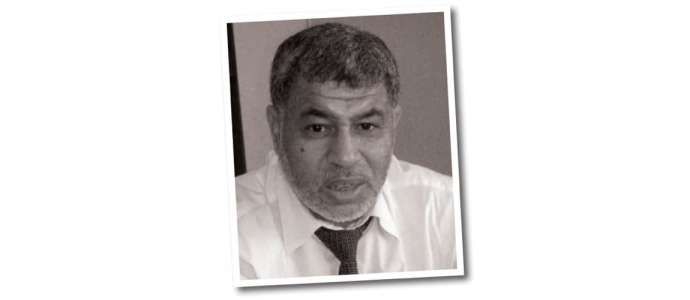



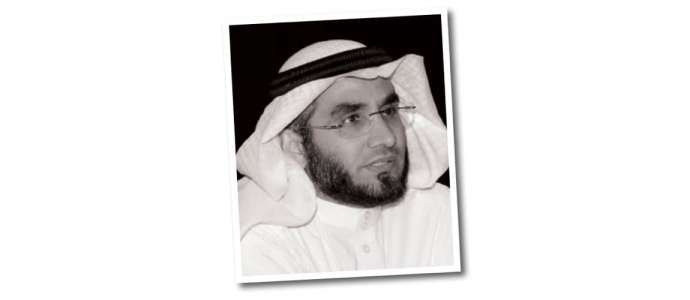
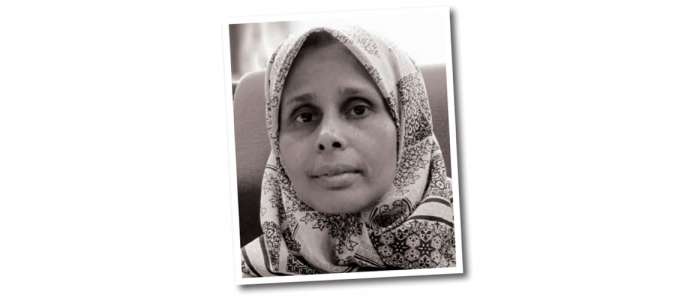
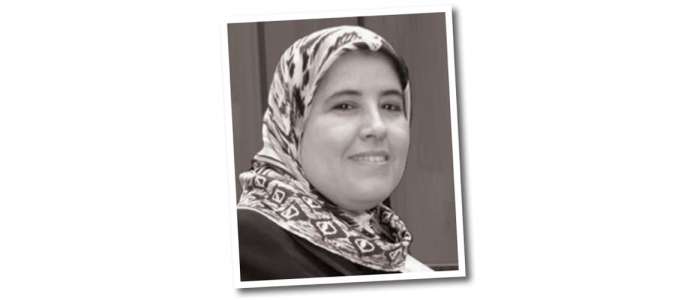



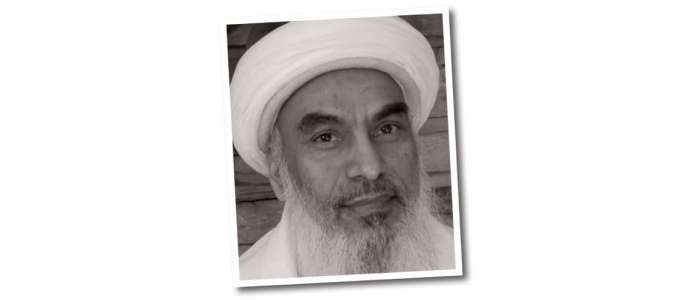
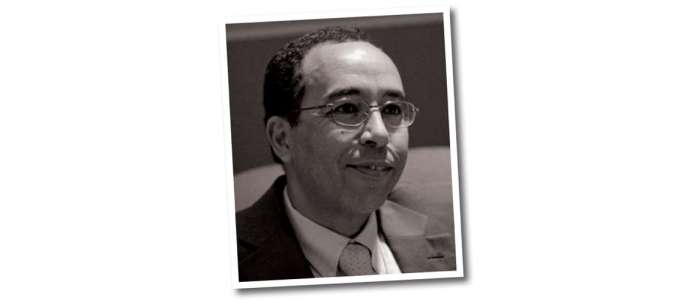
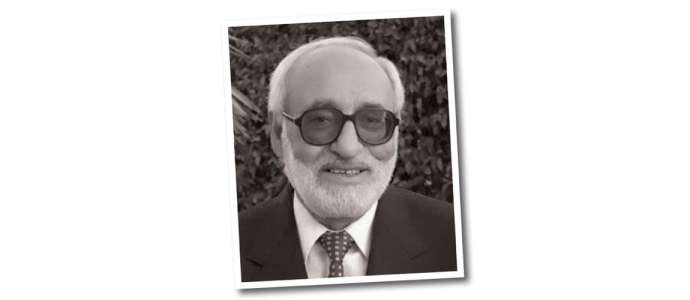

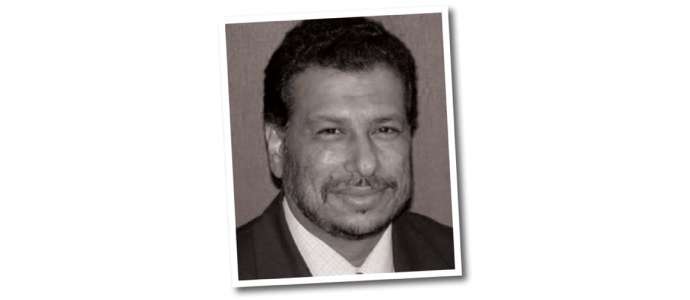













Add new comment